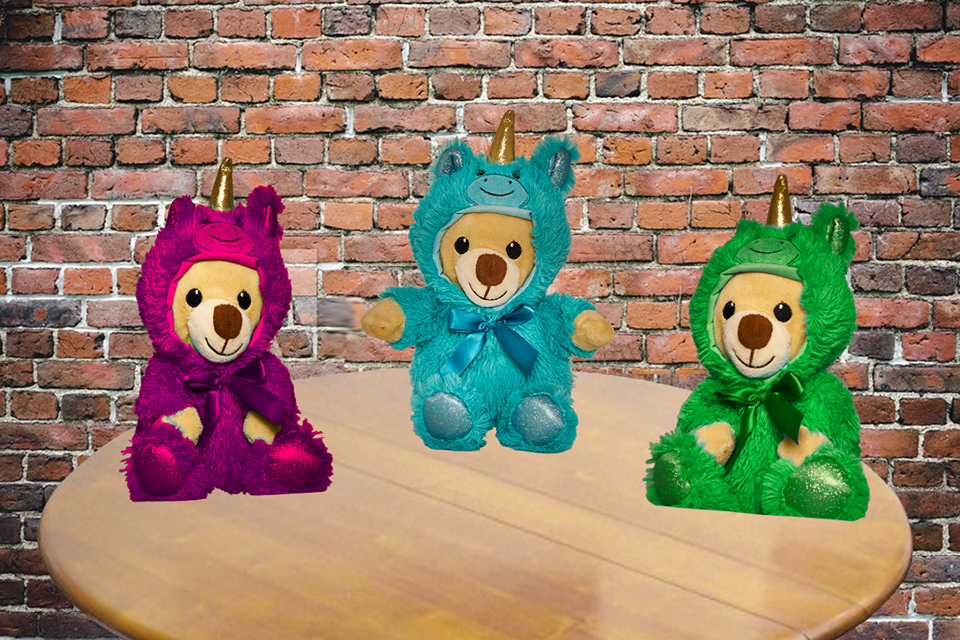You surely know people who have the ability to get in touch very easily with others, who are considered around them to be very sociable, without necessarily wanting to be the center of attention and who prefers to be in a group. What if I told you it was probably due to their main type of intelligence, would that make sense to you? Today, I invite you to explore interpersonal intelligence.

For many people, it’s hard to think of interpersonal intelligence and its opposite, which we’ll be talking about next week, intra-personal intelligence, as it is more than character traits. But, for Howard Gardner there is no doubt, this is truly a type of intelligence.
What is interpersonal intelligence
First, lets define what it is so we better understand. Interpersonal intelligence includes an understanding of human behavior, as well as a marked facility for everything related to cooperation, sensitivity and empathy. People with this type of intelligence are able to adapt easily to those with whom they interact with and seem to know how to act in society. Very attentive to others, these people are generally able to understand a person’s emotions and intentions even if that person does not express them openly. They are therefore usually very effective in conflict management and communications.
A child with this type of intelligence will love to work in a team and cooperate with others in their learning. This is how he will learn best. They are children who like to help others, who are good players, respectful, tolerant and inclusive. They have good listening skills which often make them good confidants for others. They are children who like to please others and who easily bond with other children or adults.
People with interpersonal intelligence are often interested in social professions and / or in connection with the public such as psychologist, social worker, nurse, teacher, politician, leader, a team management position or a position in the trade as long as it has a direct link with customers.
Ideas for developing this type of intelligence in a child of whom it is the main intelligence
- Allow moments of discussion in class or with the family. These are children who need to interact with others, to have human contact.
- Any activity done as a family or in a group will take on a completely different interest. So if your child has learning difficulties, make it a team effort by talking together about the subject, asking him questions (or asking him to ask you some), etc. He will learn much more this way. Be careful not to do it in its place.
- Offer board games, puppets, small shows, etc. These are children who are good losers and who like to encourage others. They will love this type of activity.
- If you want to register for an extracurricular activity, prefer group activities such as team sports, drama workshops, discussion groups, any club, etc. But make sure it’s something that really interests him. These are often children who will not want to displease or drop their team even if it makes them unhappy.
- Offer to help a friend in class or their little brother get dressed. Invite him to help you cook the meal or do the housework. In all cases, children with developed interpersonal intelligence are children who like to help. He will therefore be very happy and you will spend quality time together.
Ideas for developing this type of intelligence in a child whose primary intelligence is not
N-B: Although it is important for all children to develop their interpersonal side since it is practically impossible to live without contact with others, it is still necessary to keep in mind the starting point of our child and go to his pace without having any expectations other than seeing a small progression over time. Remember that intra-personal intelligence also exists and is just as important as the rest.
- Encourage moments of discussion in very small groups, even just you and him at first. Ask yourself questions about your day, your interests, etc. Give yourself a starting rule: forbidden to answer with a single word.
- Offer to invite a friend to play at home, first for a short time, then for longer and longer periods. If it’s hard for them to know what to do with a friend, plan for them to come together and think of things they can do together.
- If possible, during team work, ask him directly so that he too can give his opinion if he does not do it spontaneously.
- Offer him, at home, short moments of activities or team games, the length of which you will gradually increase over time.
- Play games related to emotions to help your child identify them and possibly respond to them.
- During a conflict, accompany him in resolving it in order to help him know how to go about it. Over time, it will become much easier.
- If it’s something that interests him, enroll him in sports or individual activities but whose practices are done in groups. For example, gymnastics, several types of dance, tennis, plastic arts, etc.
And you, do you have other ideas to develop this type of intelligence? Is it your main intelligence?